Petitioners Challenge 2027 Election Date, Demand Polls Next Year

The Supreme Court of Kenya is deliberating on a petition filed by three citizens challenging the scheduled date of the next presidential election.
The case has ignited constitutional debates and stirred significant public interest. Dr. Owiso Owiso, Khelef Khalifa, and Ashioya Biko have jointly petitioned the court, arguing that the presidential election must be held in August 2026 rather than the anticipated August 2027, citing strict adherence to constitutional mandates. The core of their argument revolves around the interpretation of Article 136(2)(a) of Kenya’s 2010 Constitution, which stipulates that a presidential election must occur on the second Tuesday of August every fifth year following the previous General Election.
The petitioners assert that this provision establishes an unalterable electoral cycle, and any deviation would constitute an unconstitutional extension of President William Ruto's term. They further reference Article 259(5)(c), which provides a method for calculating periods expressed in years, stipulating that such periods end at the beginning of the date in the relevant year corresponding to the original date.
According to the petitioners, the presidential election held on August 9, 2022, marked the beginning of the current electoral cycle. Based on constitutional guidelines for time computation, they contend that the fifth year ends on August 8, 2027, and the fifth year commences on August 9, 2026. Consequently, the next election date should fall on the second Tuesday of August within the fifth year, which would be August 11, 2026. Any attempt to schedule the election in August 2027, they assert, would push the polls into the sixth year, violating constitutional principles.
The petitioners emphasise that the Constitution prioritises adherence to the established electoral timeline over the completion of a full presidential term. To illustrate this precedence, they cite historical examples from the 2013 and 2017 elections. Former President Uhuru Kenyatta, despite being sworn in on April 9, 2013, faced a subsequent election on August 8, 2017—four years and five months later. Similarly, President Kenyatta vacated office after the August 9, 2022, election, without completing a full five-year term. In both instances, the Independent Electoral and Boundaries Commission (IEBC) adhered to the constitutional calendar, emphasising its significance over term length.
The petitioners also argue that the failure to conduct elections within the constitutional timeframe infringes upon citizens’ rights under Article 38(2) and 38(3)(c) of the Constitution, which guarantee regular elections and the opportunity for qualified individuals to vie for the presidency. Holding elections in 2027, they argue, would unlawfully extend the President’s term while depriving citizens of their constitutional rights. Furthermore, they cite Article 142(1), which specifies that a president’s term ends when a successor is sworn in, asserting that this provision does not ensure a complete five-year term if doing so would violate Article 136(2)(a).
The petition extends beyond mere constitutional interpretation, highlighting the practical and legal ramifications of deviating from the prescribed electoral timeline. The petitioners argue that clear, predictable election dates are crucial for effective planning, fostering voter participation, and maintaining the integrity of the electoral process. They assert that elections are not isolated, one-day events, but rather intricate processes necessitating meticulous preparation.
The petition also raises critical questions regarding Kenya’s international obligations, cautioning that a delay in elections could contravene various human rights and governance frameworks. The petitioners cite Article 13(1) of the African Charter on Human and Peoples’ Rights, which guarantees the right to participate in government through regular elections. They further invoke Articles 2(3), 3(4), and 32(7) of the African Charter on Democracy, Elections, and Governance (ACDEG), arguing that altering the electoral calendar could constitute an unconstitutional change of government. Such actions, they warn, could destabilise the nation and potentially trigger a constitutional crisis.
In light of these arguments, the petitioners are urging the Supreme Court to issue a definitive declaration. They seek affirmation that Article 136(2)(a) mandates presidential elections to occur within the fifth year following the previous General Election and that the next election must be held on August 11, 2026. They further request the Court to validate their interpretation of Article 259(5) concerning time computation, establishing August 9, 2026, as the beginning of the fifth year. They contend that any attempt to hold elections in August 2027 would violate constitutional provisions and international commitments, rendering such actions null and void.
The petition also invokes Section 3A of the Supreme Court Act, which grants the Court inherent powers to issue orders necessary for the administration of justice. Additionally, they refer to Part III of the Elections Act, which outlines strict timelines and frameworks designed to safeguard the integrity of the electoral process.

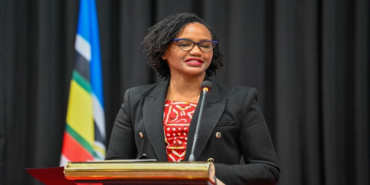
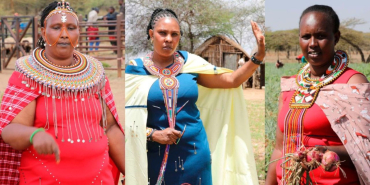
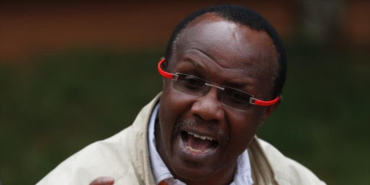
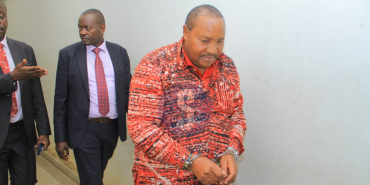
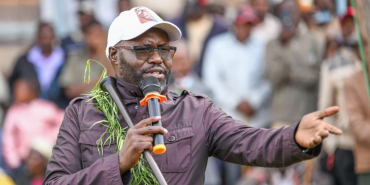
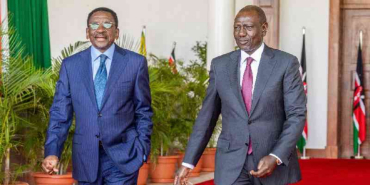
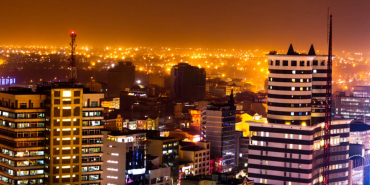
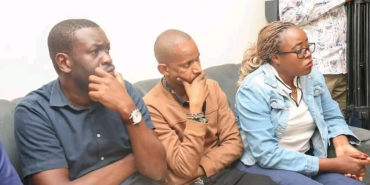



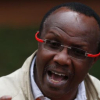

Add new comment